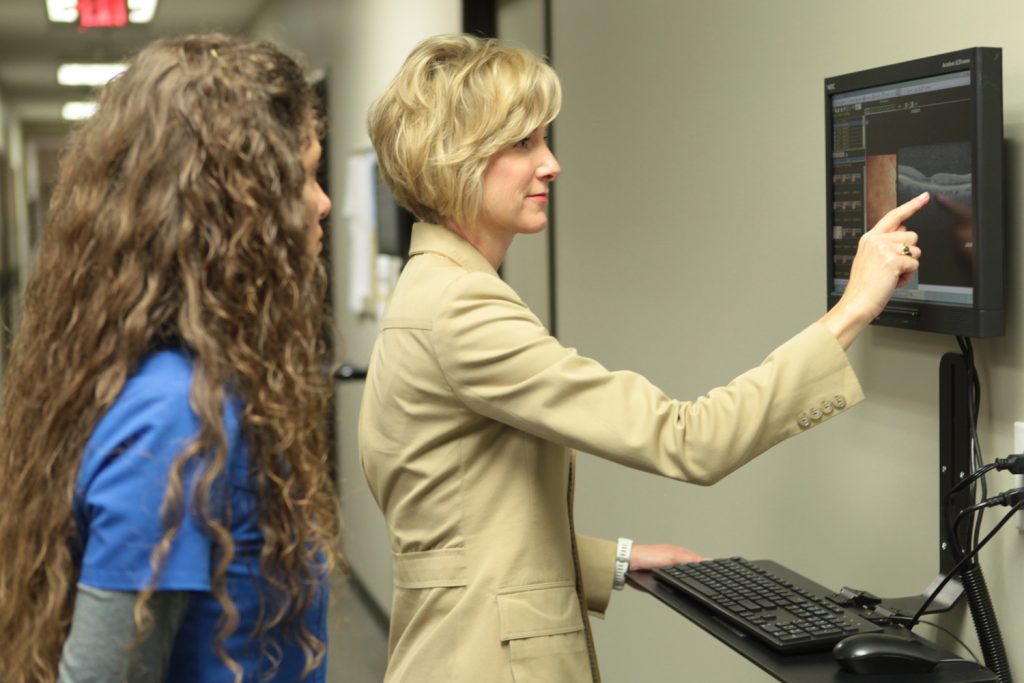In the last decade, medical researchers have made significant advances in the diagnosis and treatment of a number of retina conditions, discovering new sight-saving treatments for diseases that once robbed patients of their vision.
At Texas Retina Associates, we are committed to conducting ongoing research that will improve care for our patients—a value instilled by the pioneering physicians who founded our practice more than 50 years ago. In fact, our research program has grown to become one of the largest in the country for a community-based practice and rivals those of some of the largest academic medical centers.


